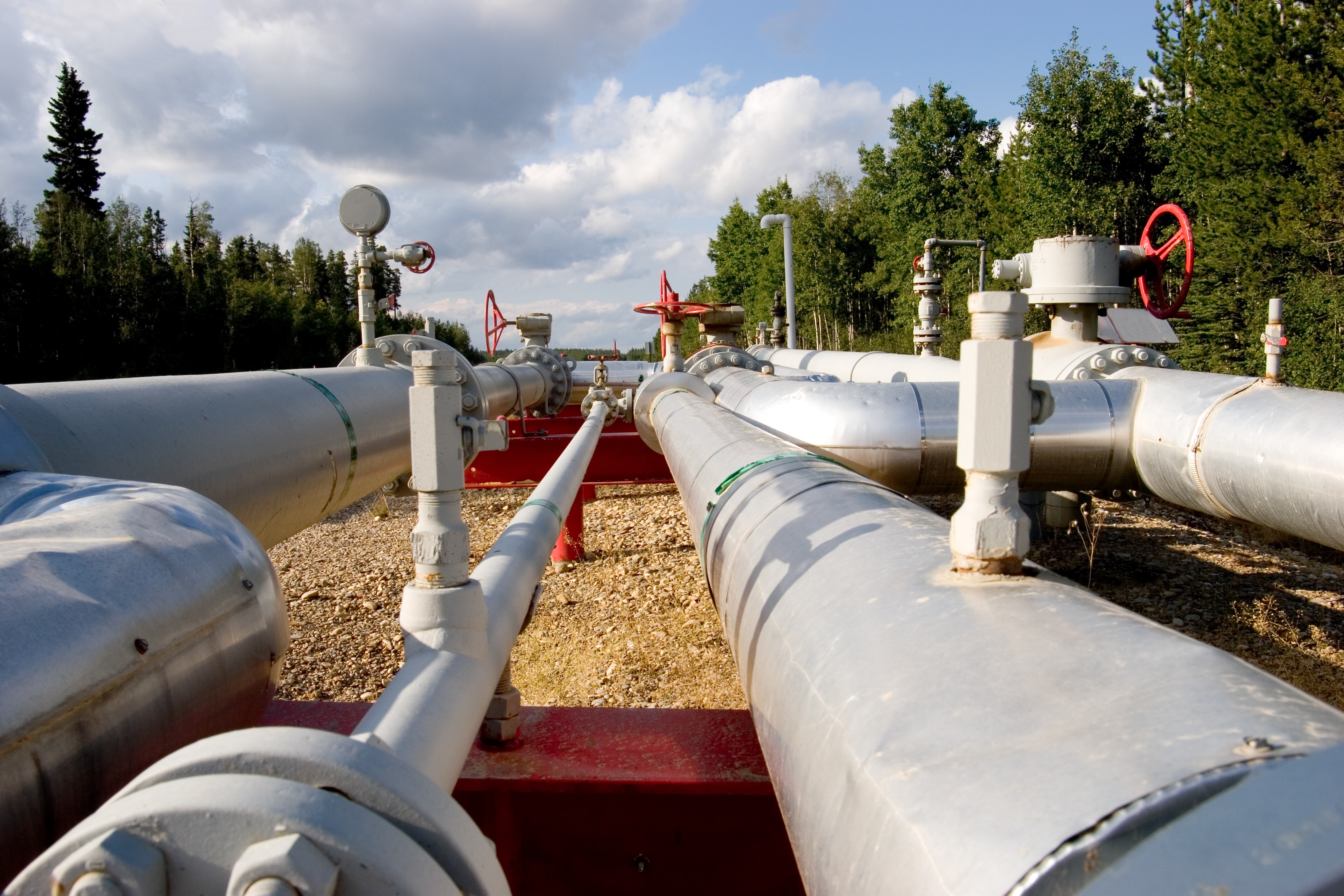Canada’s constrained oil industry fuels foreign petro-states
Ottawa - If the federal government fails to allow the Trans Mountain pipeline expansion project to take place and otherwise limits the ability of producers to bring energy products to international markets, the rising global demand for oil will be filled by petro-states with poor environmental, labour and human rights records, witnesses told members of the Senate Committee on Banking, Trade and Commerce.
“Canadians have an opportunity to position ourselves as a supplier of choice,” Canadian Association of Petroleum Producers president and CEO Tim McMillan said at a committee meeting on April 19, 2018.
“If Canada doesn’t step into that space, this production will continue to increasingly come from Iraq, Iran, Saudi Arabia, Nigeria, Venezuela [and] Azerbaijan.”
Canadian competitiveness is hampered by a lack of infrastructure to get Canadian oil to tidewater. The country’s sole meaningful export customer, the United States, buys Canadian oil at comparatively cheap rates. The United States, in turn, exports its own oil to the highest-priced markets, Mr. McMillan said.
“That is not a good situation for Canada to find itself in,” he added.
Suncor vice-president Steve Douglas noted that the industry has done much to improve environmental performance and continues to innovate.
“We’re determined not just to support the transition to a low-carbon economy, but to lead it,” he said.
Committee members are studying new and emerging issues for Canadian importers and exporters in North American and global markets.
Quick Facts
- Cancelling the Trans Mountain expansion would cost the federal government $46.7 billion in lost tax and royalty revenues, Canadian Energy Pipeline Association president and CEO Chris Bloomer told the committee.
- Pipeline operations added $11.5 billion to Canada’s gross domestic product in 2015, sustaining 34,000 full-time jobs.
- The oil and gas sector accounts of 26% of Canada’s greenhouse gas emissions.
Quotes
“It is troubling to hear that Canadian dithering will fuel the economies of repressive regimes. Witnesses told us Canada has a reputation for not getting things done — the federal government must prove them wrong, get the Trans Mountain pipeline built and support Canada’s economy.”
- Senator Doug Black, Q.C., Chair of the committee.
“Our energy situation is lunacy. Canadians work hard so that Americans can benefit from our cheap oil while countries like Iran and Venezuela get rich because we can’t get our oil to tidewater. Everybody wins — except Canada. The government needs to remember who it’s supposed to be working for.”
- Senator Carolyn Stewart Olsen, Deputy Chair of the committee.
Associated Links
- Watch the committee meeting from Thursday, April 19, 2018.
- Follow the committee on social media using the hashtag #BANC.
- Sign up for the Senate’s eNewsletter.
For more information, please contact:
Sonia Noreau
Public Relations Officer
Communications Directorate
Senate of Canada
613-614-1180 | sonia.noreau@sen.parl.gc.ca





